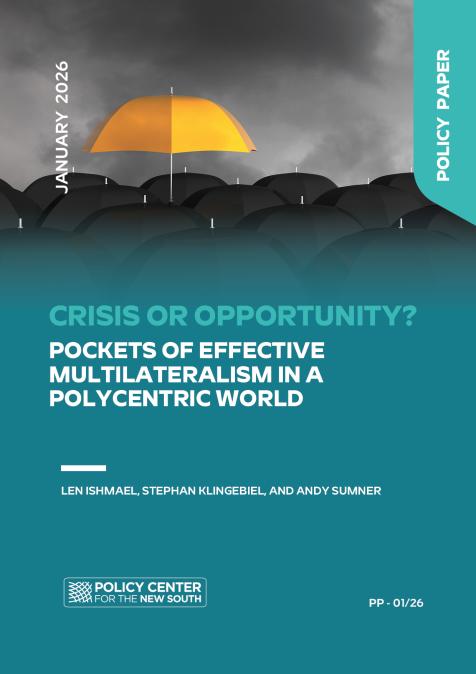Podcasts
Post-Brexit transition: implications on UK-Africa relations
Related topics:
A significant degree of uncertainty remains on the consequences of Britain’s EU referendum. Once Article 50 is triggered, the Brexit will still have to be enforced and effective. British Prime Minister, Theresa May, stated that ‘Brexit is Brexit’ sending a clear message that the UK will have to figure out the future of its foreign policy outside of the European Union, eventually needing to review its interests and its diplomatic relations unilateraly.
To answer some of our questions on the future of the UK-Africa relations, we are pleased to welcome with us, two senior experts from the Royal United Services Institute (RUSI) in London; Dr. Jonathan Eyal, Director of Strategic Partnerships and Pr. Malcolm Chalmers, Deputy Director General of the RUSI.









